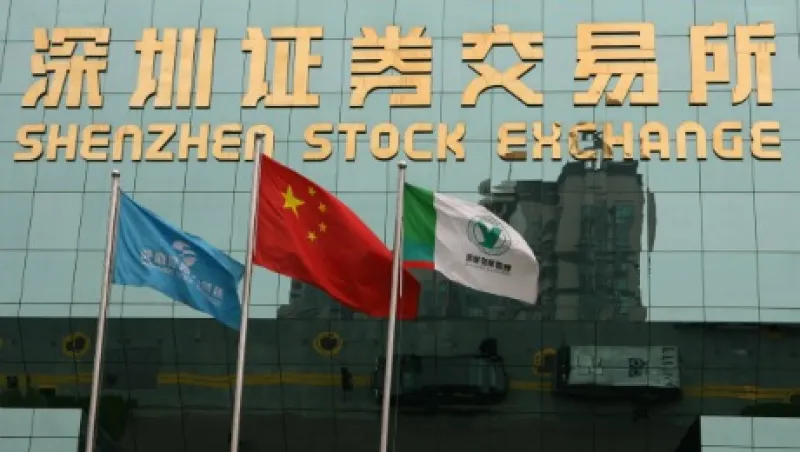
Daily Agenda: Another Fresh High for Chinese Stocks
European leaders convene in closed-door meeting on Greece, India lowers benchmark rates; yen falls below 125 to the U.S. dollar.
Andrew Barber
June 2, 2015


